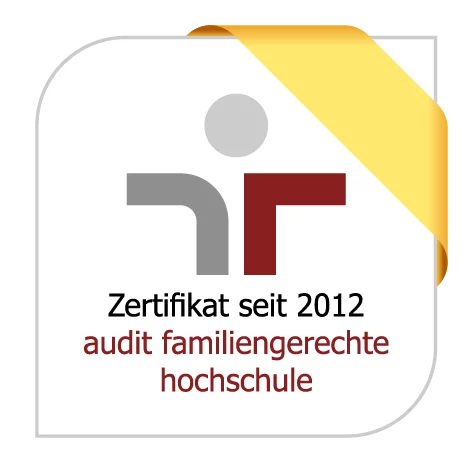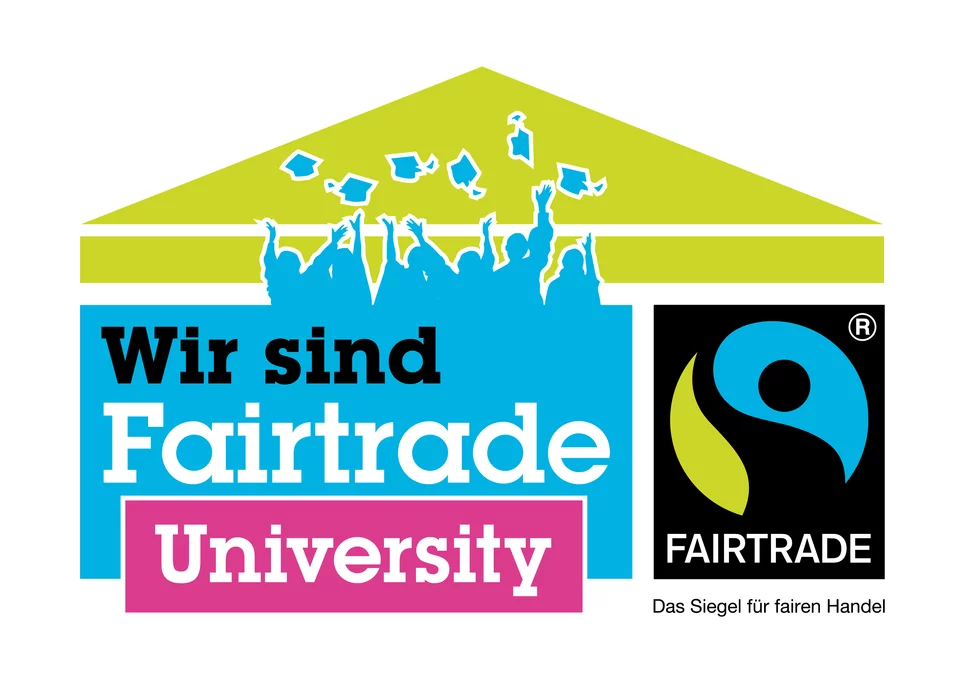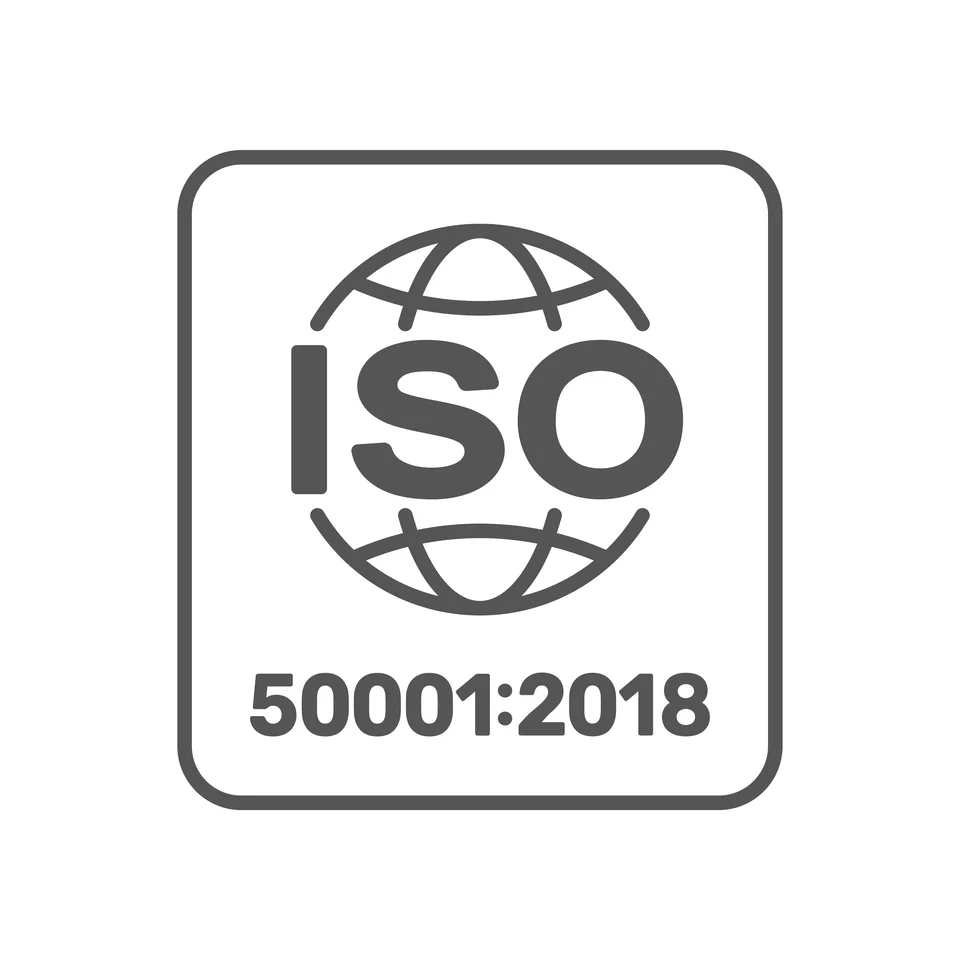Every product has a service life. Ideally, the service life is not a result of chance, but the result of a planning process. Service life planning has been established for many years, if not for many decades, in the classic B2B area of equipment, machine and plant engineering as well as industrially used software products.
For some time now, life cycle planning, which is familiar from the B2B area, has also been discussed in science and in public with regard to hardware and software products for end consumers, i.e. for the B2C area. For end customers, the topic of service life planning is important. This is because service life planning can prevent hardware and software products from becoming unusable prematurely and, above all, unexpectedly by consumers. With the aim of designing the service life of products in an economically, ecologically and sustainably sensible way and thus finding solutions to the problem of unexpected becoming unusable, the specialist group deals with this topic on an interdisciplinary basis.
As previously stated, it is important to learn about consumers' unconscious, often emotionally purely subjective expectations of the service life of hardware and software products. Experts from the field of consumer research are also active in the specialist group to research the often unconscious expectations of consumers.
Consumer research is a branch of market research. It investigates the behavior of consumers in their role as participants in markets from an economic and psychological perspective. In this context, the motives, desires, and needs of consumers, the emotional consumption experience, and implicit and explicit consumption decisions are the focus of research interest - also with regard to the expected lifespan and the expectation of sustainability of hardware and software products. Current, holistic concepts deal with the consumer journey and the consumer experience.
This is followed by the planning of products that are to meet consumers' expectations and at the same time fulfill important sustainability requirements, and then comes the phase of actual consumption. This also includes the mega topic of 2022, the sustainable consumption of energy. After all, the consumption of energy should ideally also be sustainable. The national program for sustainable consumption explains this goal as follows: "Sustainable consumption today means consuming in a way that does not compromise the satisfaction of needs of current and future generations while respecting the Earth's carrying capacity limits." (National Sustainable Consumption Program 2019). In order to be able to achieve this goal and balance it with individual consumer interests and the interests of the economy, a wide range of issues need to be resolved. In the Sustainability Division of the Center for Consumer Research and Sustainable Consumption (vunk), experts therefore also devote themselves to the scientific penetration of essential questions arising in this context.
Landing page of the subject group: https://www.hs-pforzheim.de/nachhaltigkeit
You will find the latest news here: vunk Homepage
Video with Prof. Dr. Tobias Brönneke on consumer protection, consumer law and sustainable consumption as components of a research for the future society. Video (1,5 min)
The subject group consists of the following members and research fellows:
Head of the subject group:
Prof. Dr. Peter Heidrich (Electrical Equipment and Electrical Machinery Construction)
Members and contributors:
Prof. Dr. Hanno Beck (VWL especially economic policy)
Prof. Dr. Tobias Brönneke (Economic administrative law with European references)
Prof. Dr. Martin Leroch (Economics and Business Ethics)
Prof. Gabriele Naderer (Market psychology and buyer behavior)
Prof. Dr. Tobias Viere (Energy and material flow analyses)
Prof. Dr. Jürgen Volkert (Economics)
Prof. Dr. Jörg Woidasky (Sustainable product development)
Research fellows:
Sustainability and sustainable consumption at Pforzheim University:
Consumer protection, consumer law and sustainable consumption as components of research for the future society. Video (1.5 min) linked to: https://youtu.be/vCncjLtDEaI
ARTICLE IN MAGAZINE
BECK, H., Prinz, A., Öffentlich-Rechtlicher Rundfunk unter Druck, Wirtschaftsdienst, 103. Jahrgang. Jahrgang, 2023, Heft 6, S. 400-405. (2023)
Horschutz, N. E., Korbee D., Jaroudi, I. Viere, T., NADERER, G., Fournier, G., Integrating automated minibuses into mobility systems. Socio-technical transitions analysis and multi-level perspectives. Technological Forecasting and Social Change, 188 (122260). doi:10.1016/j.techfore.2022.122260. (2023)
Zaun, N., LEROCH, M., Thielemann, E., Why courts are the life buoys of migrant rights. Anti-immigrant pressure, variation in judicial independence nd asylum recognition rates. Journal of European PublicPolicy, Online first. (2023)
Schmidt, M., Strotmann, H., VOLKERT, J. (2022). Female and Male Community-Level Empowerment: Capability Approach-Based Findings for Rural India. European Journal of Development Research, 34, 754-784. doi:10.1057/s41287-021-00373-5.
LEROCH, M., Market Power and Journalistic Quality. European Journal of Law and Economics, 53 (1), pp. 109-124. doi:10.1007/s10657-021-09714-5 . (2022)
LEROCH, M., Market Power and Journalistic Quality. European Journal of Law and Economics, 53 (1), pp. 109-124. (2022)
Seckler, M., VOLKERT, J., The Capability Approach - a promising foundation for sustainable development? Ecological Economics, 183, 106951. doi:10.1016/j.ecolecon.2021.106951. (2021)
ARTICLE IN BOOK
Gildeggen, R., SCHMITT, R., Schweizer, K., TAVAKOLI, A., THÄLE, B., WECHSLER, A., Lorinser, B., WILLBURGER, A., BUCHMANN, F., BRÖNNEKE, T., Eisenberg, C:, HARRIEHAUSEN, S., JAUTZ, U., KROSCWALD, S., Wirtschaftsprivatrecht, 5. A. (2023)
LEROCH, M., Sirries, S, The Potential of the Digital Economy for Economic Development: The Case of Georgia, in: Martin Kupiek, Rupert A. Brandmeier (Eds.), The Digital Transformation of Georgia: Economics, Management, and Policy (pp. 189-200). Springer Nature Switzerland (2023)
BRÖNNEKE, T., Föhlisch, C., Tonner , K. (Eds.), Das neue Schuldrecht, Nomos. Digitale Produkte, Kaufrecht, Vertragsrecht, Baden-Baden. (2022)
BRÖNNEKE, T., SCHMITT, R., WILLBURGER, A., § 4, Warenkauf – Kaufrechtlicher Mangelbegriff und Digitalisierung im Verbrauchsgüterkaufrecht, in: Brönneke, Tobias; Föhlisch, Carsten; Tonner, Klaus (Eds.), Das neue Schuldrecht. Digitale Produkte, Kaufrecht, Vertragsrecht, Baden-Baden (2022)
HEIDRICH, P. (2015). Analyse und Optimierung von früh ausgefallenen Produkten in der Ingenieurausbildung, als Auftragsarbeit und in Forschungsprojekten. In Tobias Brönneke, Andrea Wechsler (Eds.), Obsoleszenz interdisziplinär: Vorzeitiger Verschleiß aus Sicht von Wissenschaft und Praxis (pp. 139-165). Baden-Baden: Nomos.
Article in series of external research institution
BROENNEKE, T., GILDEGGEN, R., SCHMITT, R., KEIMEYER, F. (2020). Weiterentwicklung von Strategien gegen Obsoleszenz einschließlich rechtlicher Instrumente. UBA TEXTE 115/2020 Umweltforschungsplan des Bundesministeriums für Umwelt, Naturschutz und nukleare Sicherheit Forschungskennzahl 3716 373111 FB000307., Dessau-Roßlau, Deutschland.
Obsolescence interdisciplinary - Premature wear from the perspective of science and practice... learn more
"Ethical and sustainability-related decisions in the manufacturing industry: a concrete example"
Contribution to a series by an external research institutionGenerating mechanical movements with electric drives instead of compressed air. An educational article that makes it possible to talk about sustainability and shaping the future of society in a concrete and easily understandable way and to discuss with young people what contributions they can make themselves to make ethically correct and environmentally important decisions in the development of machines. ...learn more



